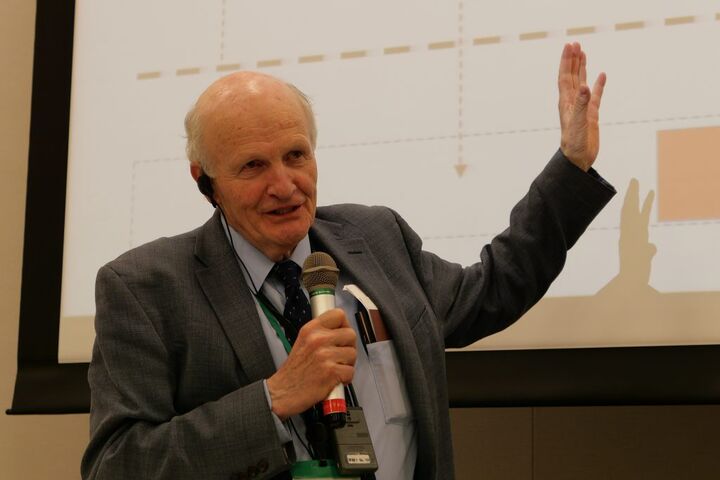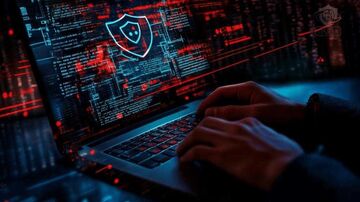TEHRAN(Bazaar) – Professor Frank N. von Hippel, former assistant director for national security in the White House Office of Science and Technology, says I would prefer that Israel’s government not interfere in the negotiations. However, it has been putting pressure on the Biden Administration to place additional conditions on its reentry into the JCPOA. I would prefer that Israel’s government not interfere in the negotiations.
He adds “However, it has been putting pressure on the Biden Administration to place additional conditions on its reentry into the JCPOA.”
Following is the text of the Bazaar interview with Professor Frank N. von Hippel.
Q: The Wall Street Journal reported that the Biden administration has not made any decision to suspend efforts to reach an agreement with Iran on the nuclear issue. According to these American officials, the preoccupation of the Biden administration with domestic issues has left little time to reach a final agreement with Iran. What is the meaning of the last word?
A: The US negotiator has time, of course, to consider whether to recommend any additional concessions to Iran. However, he is subject to oversight by people who will be concerned in this period just before the mid-term elections about the Republicans using any concession as a basis for attacking the Biden Administration as being “weak on Iran.” This obviously slows down the US decision-making process.
Q: Is it possible to revive the JCPOA before the US Congress mid-term elections?
A: I don’t know where the negotiations stand. If Iran is willing to agree to the EU proposal, however, then I think the answer would be “yes.”
Q: Iran has announced that Tehran has fully cooperated regarding the three locations alleged by the agency and has sent information and answers to the agency's questions and held dialogue sessions to resolve the ambiguity. What is your assessment?
A: The most recent IAEA report on the matter that I have seen (GOV/2022/26 Date: 30 May 2022, https://www.iaea.org/sites/default/files/22/06/gov2022-26.pdf) expresses dissatisfaction with Iran’s responses. That said, I don’t think that this issue of Iran’s still-not-fully-explained pre-2003 activities with uranium should be linked with the negotiations over Iran and the US resuming compliance with the JCPOA. Israel is making this linkage but I believe that Iran may currently be doing so as well by insisting that the issues be closed as a condition of its reentry into the JCPOA.
Q: Israel is not a member of the NPT and has nuclear weapons and continues to comment on Iran's nuclear issue. Meanwhile, according to the agency's report, Iran's cooperation is under the NPT. What is your assessment of Israel's provocations?
A: I would prefer that Israel’s government not interfere in the negotiations. However, it has been putting pressure on the Biden Administration to place additional conditions on its reentry into the JCPOA. The American-Israel Public Affairs Committee (AIPAC) has largely aligned itself with Israel’s positions and is lobbying Congress accordingly. I disagree with AIPAC’s positions, but I don’t think its activities are breaking US law. I also understand Israel’s concern about the possibility of Iran acquiring nuclear weapons given the continued calls of Iran’s leadership for “Death to Israel.”
Q: Even though Iran has withdrawn from some of its JCPOA commitments following the violation of the JCPOA by the United States, those commitments were under the JCPOA that the other party did not fulfill, and Europe also did not make any effort to benefit Iran economically, and the financial channel of INSTEX did not operate either. Therefore, even if the JCPOA is not revived, Iran's nuclear activities have not been in violation of the NPT. What is your assessment?
A: I believe it is true that that Iran has largely complied with its safeguard’s agreement under the NPT. The weakness of the NPT in this area, however, is that it allows countries to accumulate weapons materials as long as they are under safeguards. The non-weapon states argue that they do not want to make additional commitments under the NPT until the nuclear weapon states make more progress toward nuclear disarmament. So, one weakness of the NPT is used to justify the other. It would be better to make progress on both fronts!















نظر شما